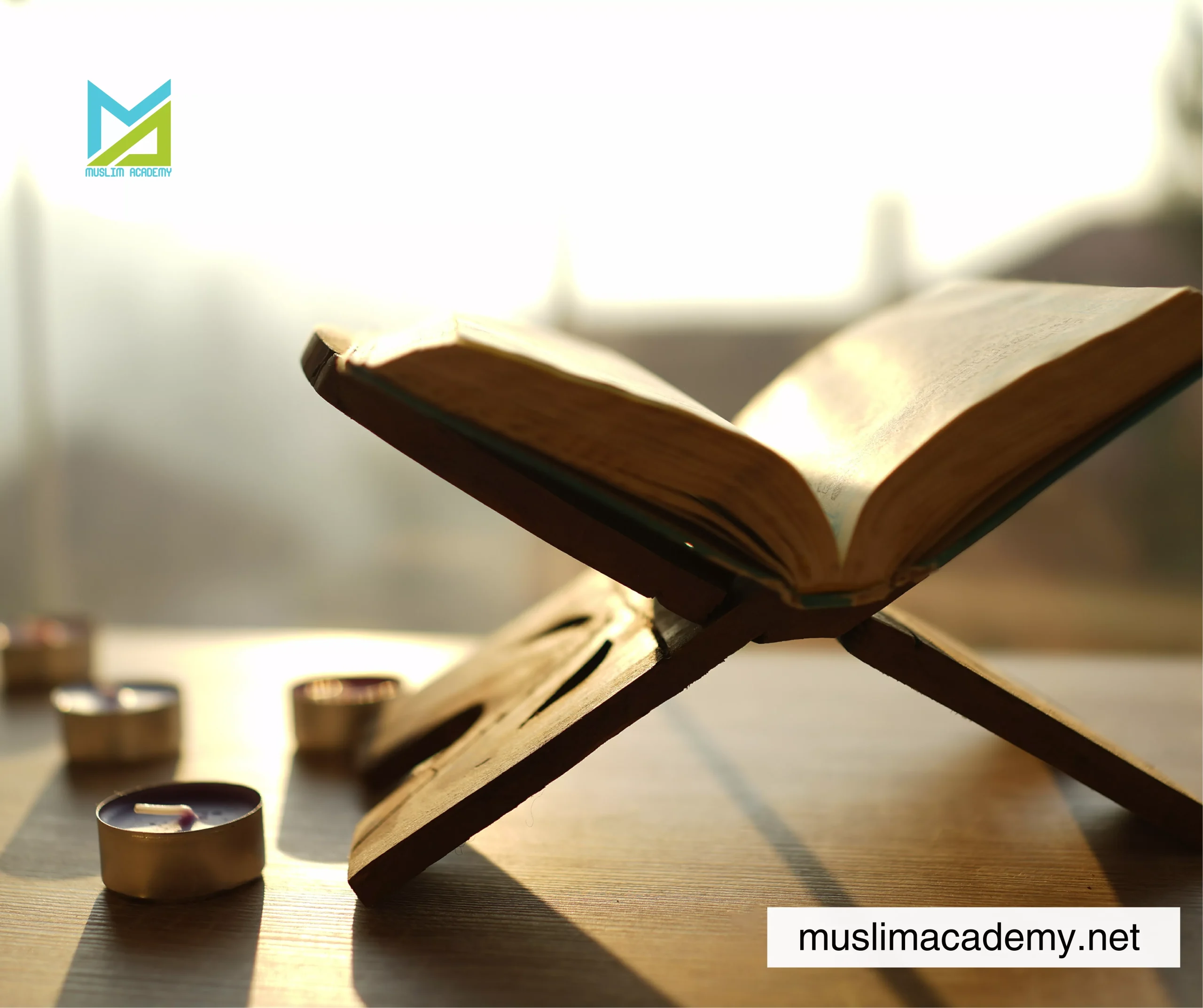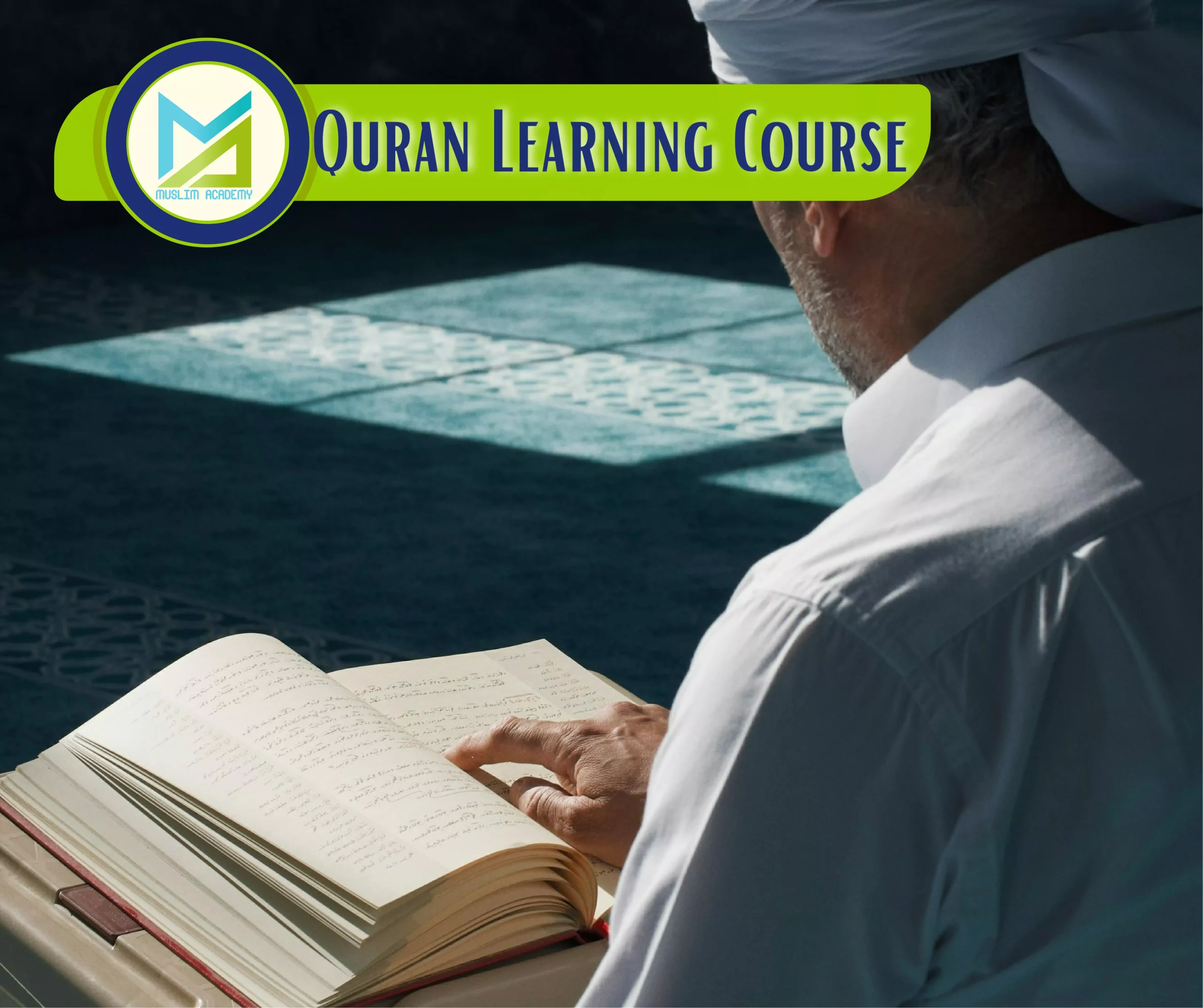Start Online Quran Classes with Muslim Academy
https://muslimacademy.net/index.php/free-trial/
In the contemporary world of Islamic education, the demand for systematic and well-structured approaches to Quranic studies has led to the development of comprehensive learning programs that cater to diverse student needs and learning objectives. A Quran Learning Course with Muslim Academy represents a carefully designed educational framework that combines traditional Islamic pedagogical methods with modern instructional techniques, creating an optimal environment for students to engage deeply with the Holy Quran. These structured programs have revolutionized how Muslims around the world approach their sacred text, offering systematic pathways to understanding, memorization, and practical application of Quranic teachings in daily life.
The Foundation of Structured Quranic Education
The concept of organizing Quranic studies into structured courses stems from the recognition that effective Islamic education requires systematic progression through various levels of knowledge and skill development. Unlike informal or sporadic learning approaches, a well-designed Quran Learning Course with Muslim Academy provides students with clear learning objectives, measurable outcomes, and progressive skill-building activities that ensure a comprehensive understanding of both the textual content and spiritual dimensions of the Quran.
These courses typically begin with fundamental concepts such as Arabic alphabet recognition, basic pronunciation rules, and elementary Islamic teachings before advancing to more complex areas, including Tajweed mastery, Quranic interpretation, and advanced Islamic jurisprudence. The structured approach ensures that students develop a solid foundation in essential skills before progressing to more challenging material, reducing confusion and enhancing long-term retention of learned concepts.
Modern Quran Learning Course with Muslim Academy programs recognizes that contemporary students come from diverse educational backgrounds and possess varying levels of prior Islamic knowledge. Consequently, these courses are designed with multiple entry points and flexible pacing options that accommodate different learning styles, schedules, and academic preparation levels. This inclusivity ensures that both complete beginners and students with some prior Islamic education can find appropriate starting points and progress at rates suitable to their circumstances.
Comprehensive Curriculum Design and Learning Objectives
A comprehensive Quran Learning Course with Muslim Academy encompasses multiple interconnected components that work together to provide students with holistic Islamic education. The curriculum typically integrates several core areas of study, each contributing essential knowledge and skills necessary for meaningful engagement with the Quran.
Tajweed instruction forms the cornerstone of most courses, focusing on proper pronunciation, articulation, and melodious recitation of Quranic verses. Students learn the intricate rules governing Arabic pronunciation, including characteristics of individual letters, rules for vowel sounds, and proper application of various recitation techniques. Advanced Tajweed modules often include the study of different Qira’at (recitation styles) and training in beautiful recitation that enhances both personal worship and community leadership capabilities.
Memorization components within a Quran Learning Course with Muslim Academy utilize scientifically-backed memory techniques combined with traditional Islamic methods passed down through generations of scholars. Students learn systematic approaches to memorizing verses, chapters, and eventually larger portions of the Quran, with emphasis on long-term retention and regular revision practices. Many courses incorporate spaced repetition techniques, mnemonic devices, and associative memory strategies that accelerate the memorization process while ensuring the durability of memorized content.

Arabic language instruction represents another crucial element, recognizing that understanding Quranic Arabic opens doors to deeper comprehension of the text’s meanings and nuances. Language modules typically cover essential grammar concepts, vocabulary development, and syntactic analysis that enable students to engage with the Quran in its original language rather than relying solely on translations.
Innovative Teaching Methodologies and Technology Integration
Contemporary Quran Learning Course with Muslim Academy programs leverage cutting-edge educational technologies and innovative teaching methodologies to enhance learning effectiveness and student engagement. Interactive multimedia presentations, high-quality audio recordings by renowned Qaris, and immersive virtual learning environments create rich educational experiences that surpass traditional classroom limitations.
Digital learning platforms integrated into modern courses provide students with 24/7 access to course materials, practice exercises, and supplementary resources. These platforms often include features such as progress tracking, personalized feedback systems, and adaptive learning algorithms that adjust content difficulty based on individual student performance and learning pace.
Artificial intelligence applications are increasingly being incorporated into the advanced Quran Learning Course with Muslim Academy platforms to provide personalized instruction and automated feedback on student recitations. Speech recognition technology can analyze pronunciation accuracy, identify areas requiring improvement, and provide targeted recommendations for skill development, enabling students to receive immediate feedback without requiring constant instructor supervision.
Mobile applications developed specifically for course participants ensure that learning can continue seamlessly across different environments and periods. Students can practice memorization during commutes, listen to recitations during breaks, or participate in virtual study sessions from any location with internet connectivity, maximizing learning opportunities and maintaining consistent progress toward course objectives.
Qualified Instruction and Mentorship Programs
The success of any Quran Learning Course with Muslim Academy depends fundamentally on the expertise and dedication of its instructional team. Leading programs typically employ scholars who possess both traditional Islamic credentials, such as Ijazah certificates in Quranic recitation and Islamic studies, as well as modern pedagogical training that enables them to effectively utilize contemporary teaching methods and educational technologies.
Instructor qualifications often include extensive experience in Quranic studies, fluency in the Arabic language, and demonstrated competency in Tajweed rules and recitation techniques. Many programs require faculty members to undergo continuous professional development to stay current with advances in Islamic scholarship and educational methodology, ensuring that students receive instruction based on the most current knowledge and best practices in the field.
The mentorship component of the comprehensive Quran Learning Course with Muslim Academy programs recognizes that Islamic education extends beyond mere academic knowledge transfer to include character development and spiritual guidance. Experienced mentors work closely with students to provide personalized support, address individual challenges, and help learners integrate Quranic teachings into their personal and professional lives.

Assessment Strategies and Progress Evaluation
The effective Quran Learning Course with Muslim Academy programs incorporates comprehensive assessment strategies that evaluate student progress across multiple dimensions of learning. These assessments typically include oral examinations to test recitation accuracy and Tajweed application, written tests to evaluate understanding of theoretical concepts, and practical demonstrations of memorized material.
Progressive assessment approaches allow students to demonstrate mastery of specific skills before advancing to more challenging material, ensuring solid foundation development and preventing knowledge gaps that could impede future learning. Regular feedback sessions provide opportunities for instructors to identify areas requiring additional attention and for students to reflect on their learning progress and adjust study strategies accordingly.
Certification programs associated with reputable Quran Learning Courses with Muslim Academy offerings often align with internationally recognized Islamic educational standards, ensuring that credentials earned through course completion are respected and accepted by Islamic institutions worldwide. Advanced students may have opportunities to earn specialized certificates in areas such as Quranic recitation, Islamic studies, or Arabic language proficiency.
Flexible Learning Options and Accessibility
Modern Quran Learning Course with Muslim Academy programs recognizes that contemporary students have diverse scheduling constraints and learning preferences that require flexible educational options. Many programs offer multiple delivery formats, including synchronous online classes, asynchronous self-paced modules, hybrid programs combining online and in-person instruction, and intensive weekend or evening sessions designed for working professionals.
Geographic accessibility represents another crucial consideration, with many programs designed to serve students regardless of their location or local availability of qualified Islamic instruction. Online delivery methods enable students in remote areas or regions with limited Islamic educational resources to access high-quality Quranic education from expert instructors located anywhere in the world.
Language accessibility ensures that non-Arabic speaking students can fully participate in course activities through instruction provided in multiple languages while gradually introducing Arabic terminology and concepts. This approach facilitates smoother transitions for students from diverse linguistic backgrounds while maintaining the authentic Arabic content essential for authentic Quranic studies.
Community Building and Peer Learning Opportunities
Despite often utilizing digital delivery methods, successful Quran Learning Courses with Muslim Academy programs prioritize community building and peer interaction as essential components of the educational experience. Virtual study groups, online discussion forums, and collaborative projects enable students to share learning experiences, provide mutual support, and develop lasting friendships based on shared commitment to Islamic education.
Regular virtual events such as recitation competitions, scholarly lectures, and cultural celebrations help maintain student engagement and foster a sense of belonging to the learning community. These activities provide opportunities for students to showcase their progress, learn from peers, and participate in broader Islamic educational discourse.
Family involvement initiatives recognize that Islamic education often extends beyond individual learners to encompass entire households. Some courses offer family-friendly options that enable parents and children to learn together, strengthening both Islamic knowledge and family bonds through shared educational experiences.
Future Developments and Emerging Trends
The evolution of the Quran Learning Course with Muslim Academy programs continues as educational technology advances and pedagogical understanding deepens. Emerging technologies such as virtual reality, augmented reality, and advanced artificial intelligence promise to further enhance learning experiences and outcomes for future course participants.
Virtual reality applications may enable students to virtually experience historical Islamic locations mentioned in the Quran, while augmented reality could overlay Arabic text with pronunciation guides and meaning explanations. Advanced AI tutoring systems may provide increasingly sophisticated personalized instruction and support, potentially revolutionizing how students interact with course content and receive feedback on their progress.
The continued expansion of global internet access will likely increase the reach and accessibility of these educational programs, potentially serving millions of additional students in previously underserved regions. As educational technology continues advancing, the Quran Learning Course with Muslim Academy offerings will undoubtedly evolve to incorporate new tools and methodologies that enhance learning outcomes while preserving the authentic spiritual and intellectual traditions of Islamic education.
